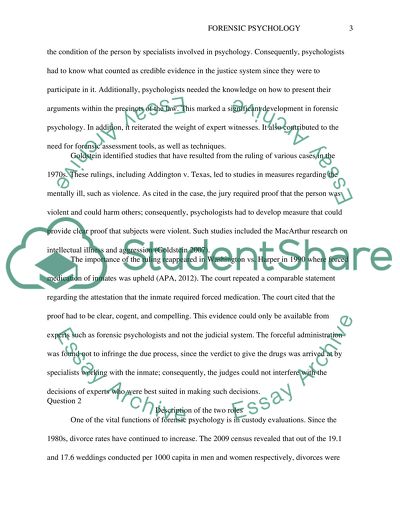Cite this document
(“Case Law and Forensic Psychology Essay Example | Topics and Well Written Essays - 1000 words”, n.d.)
Case Law and Forensic Psychology Essay Example | Topics and Well Written Essays - 1000 words. Retrieved from https://studentshare.org/psychology/1444636-case-law-and-forensic-psychology
Case Law and Forensic Psychology Essay Example | Topics and Well Written Essays - 1000 words. Retrieved from https://studentshare.org/psychology/1444636-case-law-and-forensic-psychology
(Case Law and Forensic Psychology Essay Example | Topics and Well Written Essays - 1000 Words)
Case Law and Forensic Psychology Essay Example | Topics and Well Written Essays - 1000 Words. https://studentshare.org/psychology/1444636-case-law-and-forensic-psychology.
Case Law and Forensic Psychology Essay Example | Topics and Well Written Essays - 1000 Words. https://studentshare.org/psychology/1444636-case-law-and-forensic-psychology.
“Case Law and Forensic Psychology Essay Example | Topics and Well Written Essays - 1000 Words”, n.d. https://studentshare.org/psychology/1444636-case-law-and-forensic-psychology.


